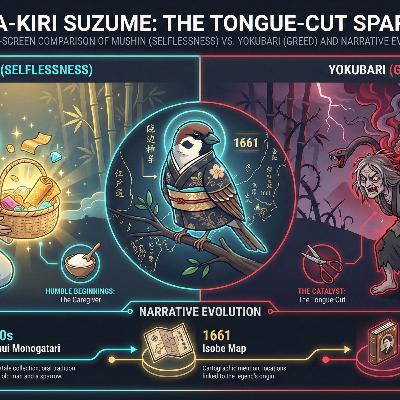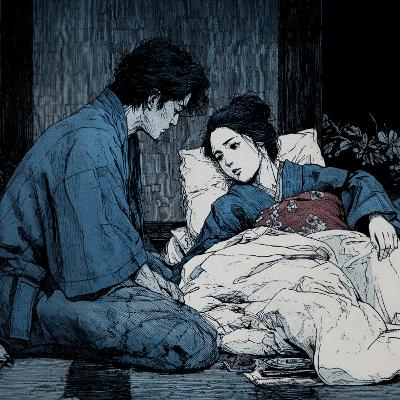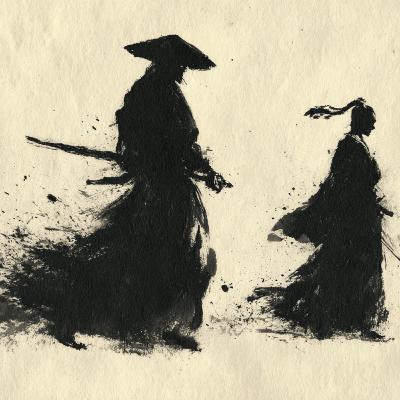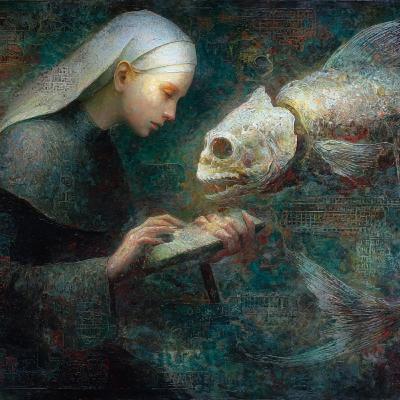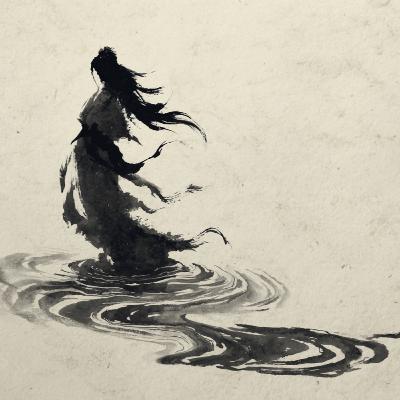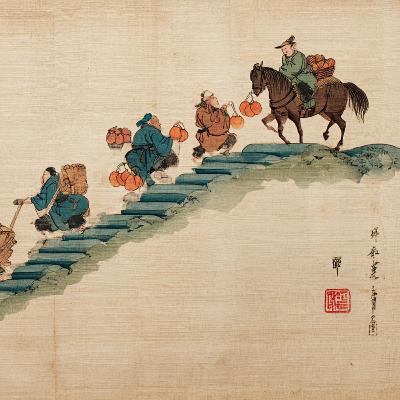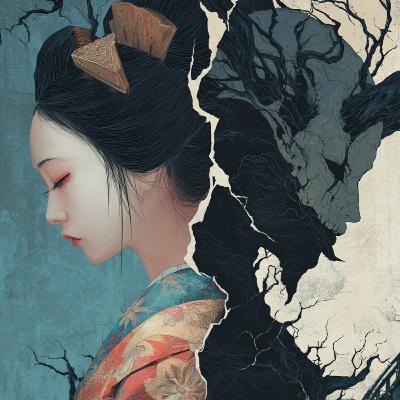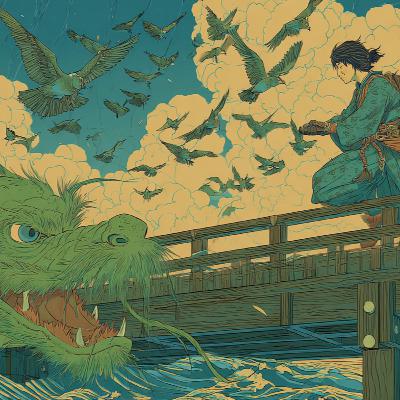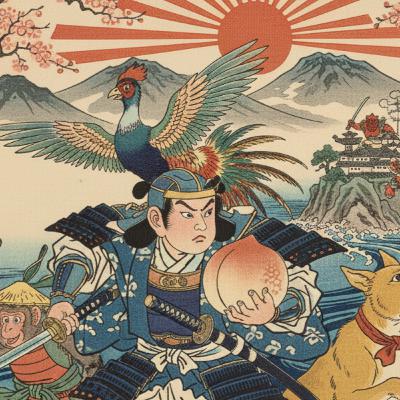Tsuru no Ongaeshi: A Japanese Folktale of Love, Sacrifice, and Greed
Description
The tale is not just about a magical reward, but a tragic warning. It explores how human greed (or curiosity) corrupts a supernatural gift, forcing the crane wife to literally unmake herself (plucking her own feathers) to satisfy a debt that escalates from kindness to materialism, resulting in an irreversible loss.
This podcast episode explores the famous Japanese folktale of Tsuru no Ongaeshi, often known as "The Grateful Crane" or "The Crane Wife." The story begins with a poor man who saves a wounded crane. Soon after, a mysterious woman arrives at his home, and they marry. She begins to weave a beautiful, magical cloth, but makes him promise never to look at her while she works. This episode discusses the narrative of the tale and its variations. We explore the powerful symbolism of the crane in Japanese culture as a figure of fidelity and longevity. The podcast also examines the story's core conflict: the collision between pure, sacrificial love and the corrupting influence of human greed or curiosity, which ultimately leads to the tragic climax. We will also touch upon the tale's modern legacy, including its adaptation in the play Yūzuru and its influence on other media.


